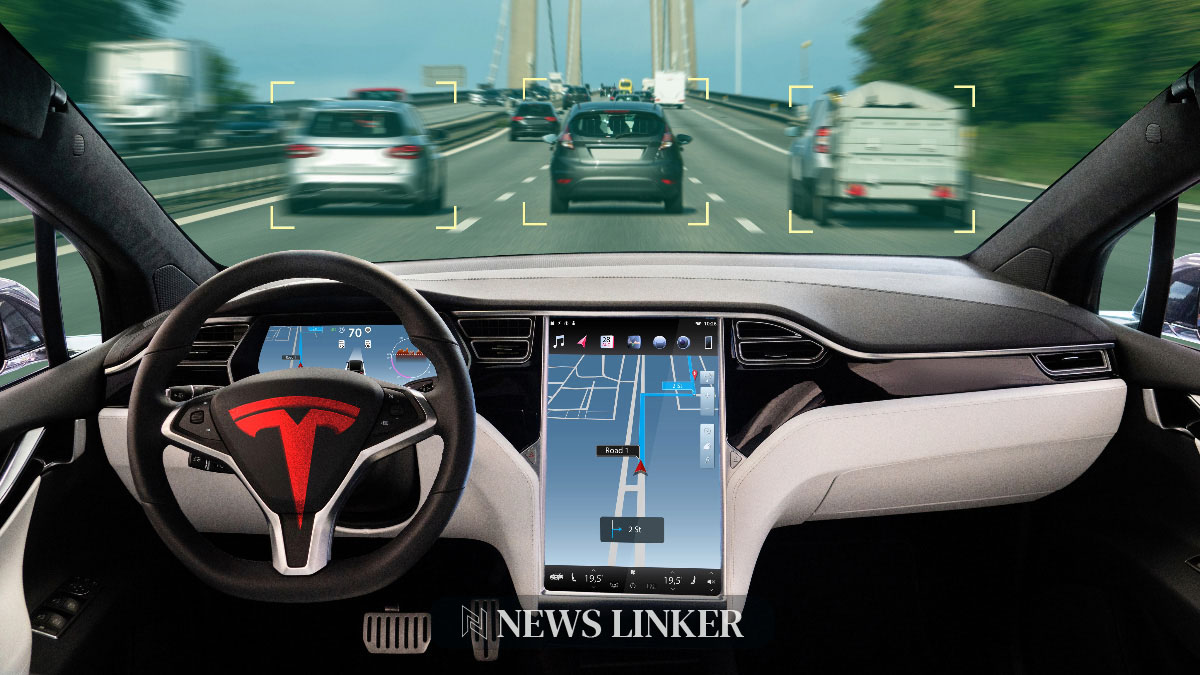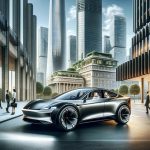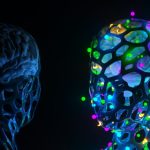Tesla’s ambitions to extend its Full Self-Driving (FSD) capabilities to vehicles beyond its own brand have taken a tangible turn, following recent statements from company executives. During Tesla’s first-quarter earnings call in 2024, discussions about potential licensing deals with other major automakers were confirmed, hinting at a strategic move that could alter the competitive landscape of automotive technology. This development indicates Tesla’s drive to promote its vision-based autonomous system as the industry standard, suggesting a shift in how vehicle intelligence is integrated across the market.
Industry Context and Ongoing Discussions
Elon Musk emphasized that Tesla is actively engaged in negotiations with a significant car manufacturer to license its FSD technology. This move is predicated on the belief that future cars must be equipped with advanced autonomy features to remain competitive and desirable. Musk highlighted the simplicity of integrating Tesla’s vision-based system, involving minimal hardware beyond standard cameras and an inference computer, paired with Tesla’s software.
Implications for Auto Manufacturing Cycles
Despite the excitement surrounding this potential collaboration, the integration of FSD into non-Tesla vehicles is not expected to be immediate. The automobile industry is known for its lengthy product development cycles, which could delay the adoption of Tesla’s FSD technology. Tesla’s CFO, Vaibhav Taneja, noted that while a licensing agreement might be concluded soon, the actual deployment of FSD in other brands’ vehicles could take several years, depending on the eagerness of the OEM to adapt its production processes.
Review of Related Developments
In an examination of recent automotive technology advancements, a report from Engadget and another from The Verge offer insights into the broader implications of Tesla’s strategy. Engadget’s article “Automakers’ Race Toward Autonomy: Who Leads?” and The Verge’s “The Tech Driving Tomorrow’s Cars” discuss how major manufacturers are investing heavily in autonomous technologies, often through collaborations like the potential one hinted at by Tesla. These articles underscore the industry-wide push towards enhancing vehicle intelligence capabilities.
Scientific Perspectives on Autonomous Technology
A study published in the Journal of Automotive Technology, titled “Evaluating the Safety of Autonomous Vehicles,” provides a scientific foundation for discussions about autonomous driving technologies. The research highlights crucial aspects such as the reliability of vision-based systems and the challenges of integrating these technologies into different vehicle platforms, directly relating to Tesla’s ongoing efforts to expand the reach of its FSD system.
Strategic Insights
- Expanding FSD could redefine industry standards.
- Collaboration with established automakers is key to widespread adoption.
- Extensive testing phases are crucial for integration success.
As Tesla seeks to license its FSD technology to other automakers, the potential for a broader adoption of autonomous systems could significantly influence consumer expectations and competitive dynamics within the automotive industry. This strategy not only exemplifies Tesla’s innovative approach to technology development but also underscores the importance of strategic partnerships in pioneering complex technologies like autonomy. By setting a new benchmark for intelligent vehicles, Tesla could catalyze a shift towards more sophisticated and interconnected automotive ecosystems.










